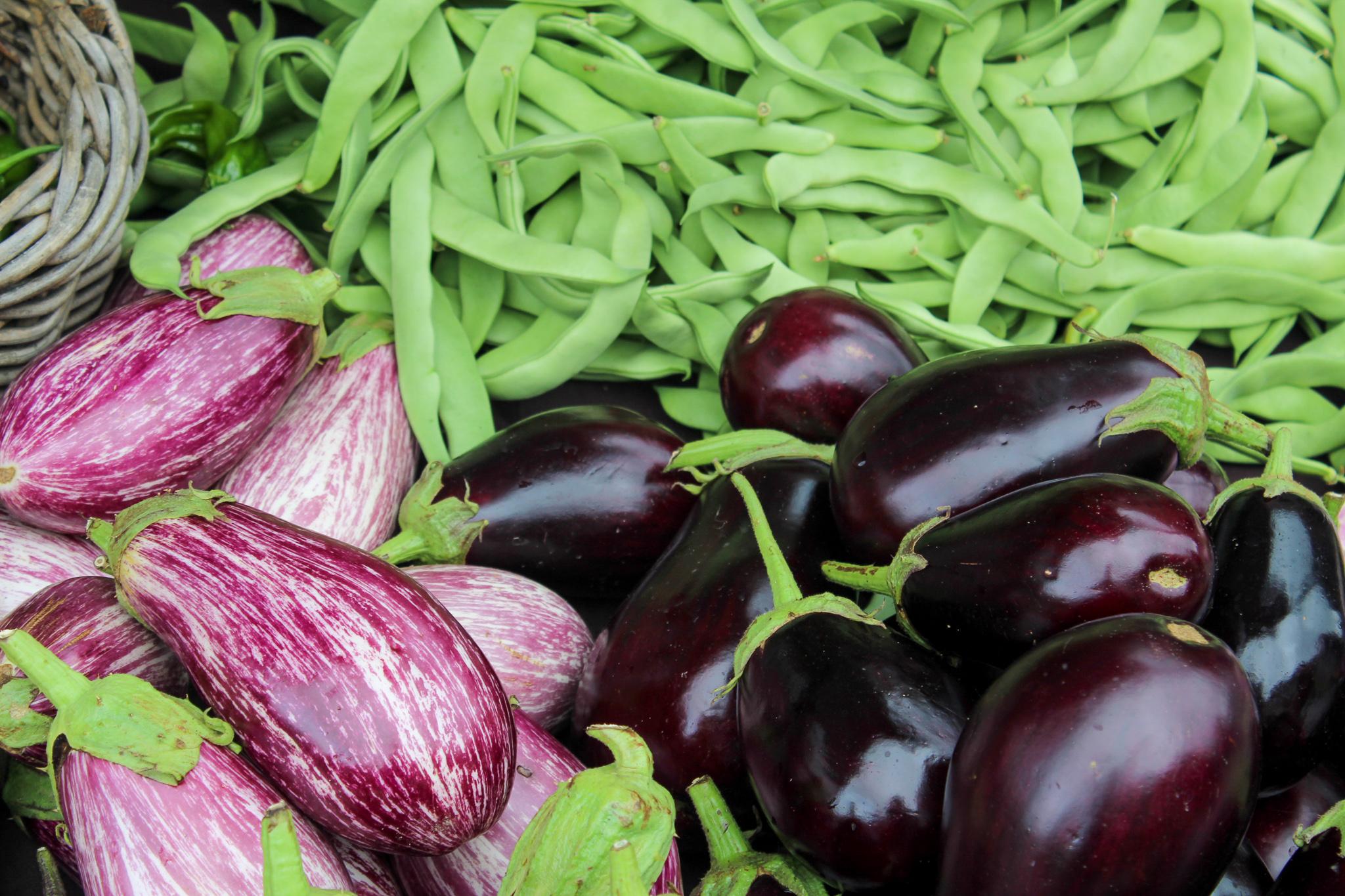In the first meaningful action toward a new farm bill from Congress in many months, leadership in both the House and Senate Agriculture Committees released draft farm bill proposals in early May. The two versions starkly contrast one another, demonstrating the wide chasm between Republicans' and Democrats' priorities for the omnibus legislation, which funds the majority of agricultural and nutrition programs.
The Senate proposal released by Chairwoman Stabenow (D-MI), titled the Rural Prosperity and Food Security Act of 2024, protects and increases funding for conservation programs that support climate change mitigation and resilience. Specifically, the Senate proposal maintains funding from the Inflation Reduction Act (IRA) for four key conservation programs, and ensures that funding remains permanently tied to climate change goals. Maintaining the IRA funding for conservation programs has been a key fight in farm bill negotiations thus far, and Chairwoman Stabenow has been staunch in her defense of these funds remaining tied to climate.
The Senate proposal also takes important steps toward, for the first time ever, directly including support for farm workers and other food system workers in the farm bill. A recent statement from HEAL Food Alliance outlines some wins for food system workers as well as some areas for improvement.
Some key wins for organic in the Senate's proposal include:
- authorizing payments for conservation activities related to organic production and organic transition
- raising the cap in the Environmental Quality Incentive Program (EQIP) organic initiative to $450,000 to be equal to the general EQIP funding pool
- directing USDA to improve organic dairy data collection
- establishing the Organic Market Development program to invest in organic supply chains
- increasing reimbursements to producers and handlers through the Organic Certification Cost Share Program,
addressing regulatory bottlenecks with organic regulations, and more
The Senate proposal also takes important steps to improve nutrition assistance and expands the Gus Schumacher Nutrition Incentive Program (GusNIP), which funds NOFA-VT's Crop Cash program. If you want to learn more, our friends at NSAC have done a deep dive into the Senate farm bill proposal.
While we don't have all the details or legislative text of either proposal, we do know that the House proposal includes many dangerous provisions that run counter to NOFA-VT's farm bill priorities and those of our allies, including:
removing the climate guardrails from IRA conservation dollars and reallocating unspent funds,
underfunding the National Organic Program and the Organic Certification Cost Share Program,
removing state and local control over pesticide safety regulations meant to protect children, the environment, and public places,
effectively reducing nutrition assistance funding and jeopardizing access for low-income families, children, seniors, and individuals with disabilities.
What does this mean for the value of continuing to take action on the farm bill?
The release of proposals by the House and Senate signals new (and welcome) momentum on a farm bill, to be sure. However, the word from our partners in DC is that "the ink is not dry" and that reaching out to your members of Congress in support of NOFA's farm bill priorities is as important now as ever.
Please take a moment to send a letter to your members of Congress telling them you support a farm bill that ensures climate, land, and food justice for all!

